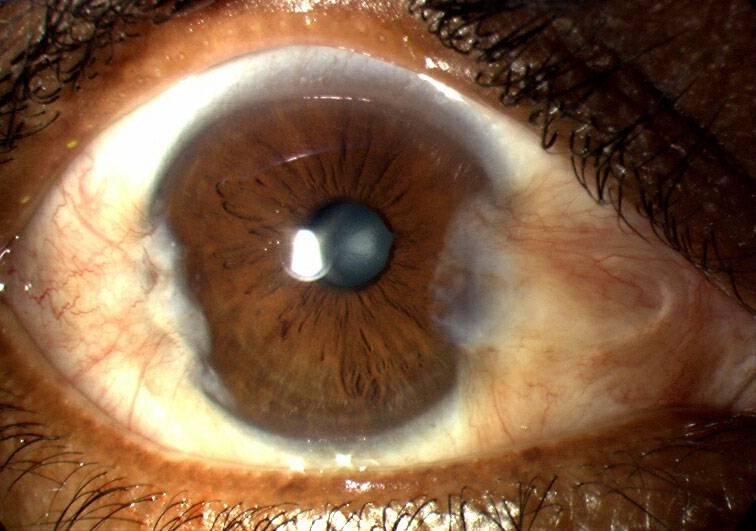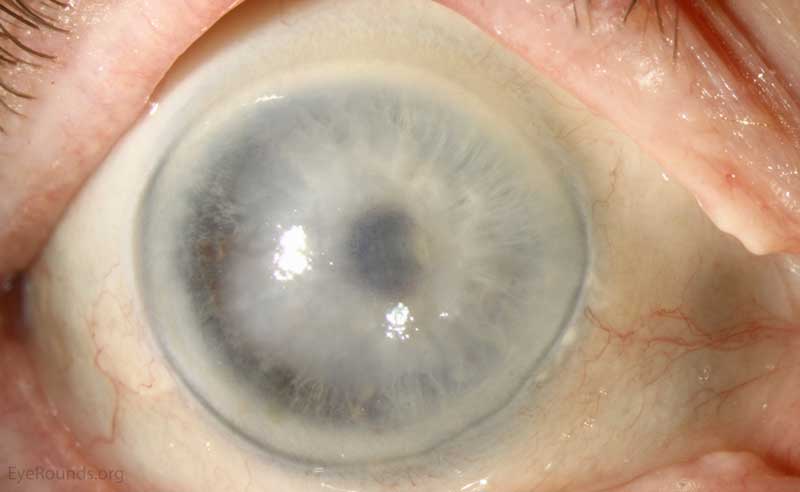
This is a prospective case series of 126 patients out of 1500 cases who underwent cataract surgery and experienced early onset postoperative inflammation during the first 2 weeks after cataract surgery. Endophthalmitis has been and probably always will be the most serious risk for patients undergoing cataract surgery.

Yes, blurred vision is normal after cataract surgery.
Eye inflammation after cataract surgery. Usually, the damage done to endothelial cells by a cataract surgery is not extensive and expected to. Inflammation usually occurs due to prostaglandin formation. Not everyone will recover from cataract surgery at.
Do not wear eye makeup and consider avoiding face cream or lotion. If the vision is improving, it may just be a matter of time. Endophthalmitis has been and probably always will be the most serious risk for patients undergoing cataract surgery.
After cataract surgery, the risk of eye inflammation lasts longer than the risk of eye infection. It takes time for your eyes to heal and to adjust to the new lens that has been implanted. Therefore, measures should be taken before and during surgery to.
Intraocular inflammation after modern uncomplicated cataract surgery is generally minimal and, therefore, difficult to measure. After cataract surgery, there is a red and watery eye and inflammatory fluormesolone drops was used for two was n it�s ok now, but on 3rd wk,it�s not? Cataract surgery, while the incision is very small, creates inflammation in the cornea, anterior chamber, and iris.
It often improves over the 1 st few months after cataract surgery, but it may not. Debra goldstein offers clinical pearls on how to identify and manage 2 underrecognized causes of inflammation after cataract surgery. In this case, inflammation in your eye could.
Wear sunglasses on bright days. It might result after cataract surgery, an inflammation, a trauma, an infection or also as a result of various eye diseases or anything which can damage endothelial cells. This condition has been noted more frequently in patients with any type of increased postoperative inflammation or a complicated cataract surgery that can lead to increased inflammation.
To prevent irritation of the eyes, avoid settings with higher levels of dust, wind, pollen, and dirt. If the vision in not improving, ask for a detailed explanation of why, and get a second opinion if you. This case report suggested that retained lint, most often cotton fiber, which is introduced into the eye during cataract surgery, may be associated with postoperative intraocular inflammation.
Inflammation is a normal response after you’ve had surgery, including cataract surgery. All the patients received complete ocular examinations at onset of signs and symptoms of inflammation. The standardized uveitis nomenclature (sun) grading system [ 10 ], often used in clinical trials, relies on slit lamp examination and it is inadequate to describe low levels of anterior chamber flare or discriminate among the effects.
Due to the relationship between prostaglandin release and cme, using topical corticosteroids and topical nsaids to reduce postoperative inflammation following cataract. Debra goldstein offers clinical pearls on how to identify and manage 2 underrecognized causes of inflammation after cataract surgery. My dashboardmy educationfind an ophthalmologist.
This is a prospective case series of 126 patients out of 1500 cases who underwent cataract surgery and experienced early onset postoperative inflammation during the first 2 weeks after cataract surgery. Although all preop cataract patients are routinely informed of the known risks of surgery, including endophthalmitis, patients still may sue their. 1 doctor answer • 1 doctor weighed in i had cataract surgery 8 weeks ago without complications, but now i have a yellow discharge from the operative eye, but no redness or pain.
With modern day cataract surgery, incidence of inflammation is very minimal but preexisting inflammatory condition like anterior uveitis, glaucoma, dry eyes can cause additional inflammation leading to. This may need to continue for up to a year after cataract surgery. Blurred vision, may worse in the mornings, which may clear over a few hours, or may be present all day long.
It is unusual to still have inflammation in the eye requiring drops over a month after cataract surgery, but it is not unheard of, so continuing the drops is appropriate. Abnormal postoperative inflammation is endophthalmitis until proven otherwise. Corneal swelling (edema) that develops after cataract surgery and doesn’t resolve over several months.
Inveltys (loteprednol etabonate ophthalmic suspension 1%, kala pharmaceuticals) is an effective, safe steroid to treat inflammation after cataract surgery, and it should become widely available in. To investigate whether inflammatory responses are more severe in uveitic eyes than nonuveitic eyes when acrylic intraocular lens (iol) is implanted after cataract surgery. Do your best to not rub your eye(s) after surgery.
Yes, blurred vision is normal after cataract surgery. Also, microscopic remnants of the cataract are often left in the anterior chamber of the eye, which lead to continued release of inflammatory factors. The swelling can cause painful blisters as the condition progresses.